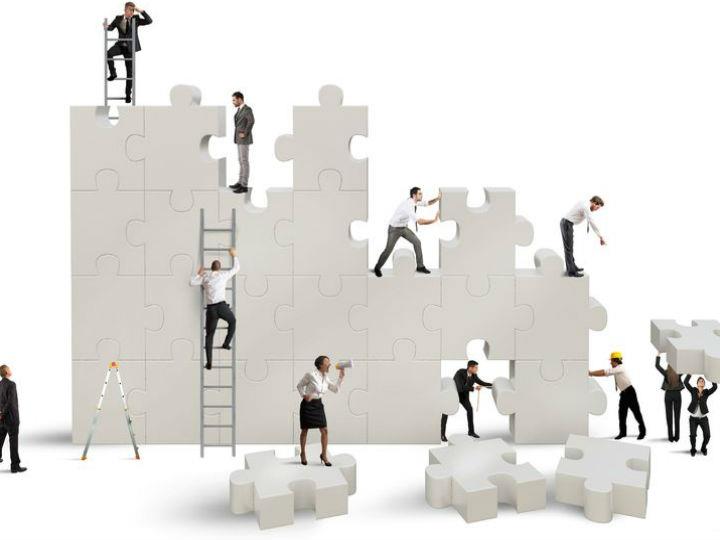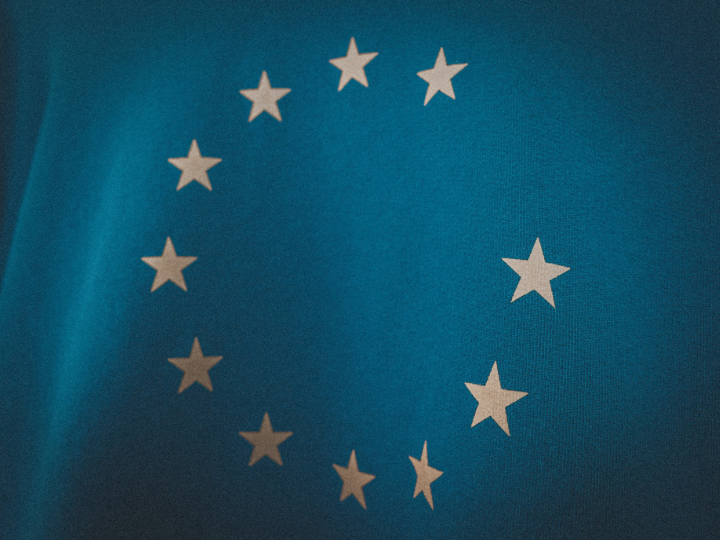by Michael Y. Lee and Koen Veltman*
Many expert observers have made predictions about the “new normal” of work after the pandemic. Some are optimistic, envisioning a paradigm shift towards a more flexible, empowered future for workers through remote working. Others are pessimistic, even somewhat dystopian, projecting a future workplace that is disconnected and highly surveilled.
While no one knows with certainty what the future will bring, enough time has transpired since the beginning of the pandemic that we can and should study how companies are adapting to the new reality.
Let’s focus on one key aspect: teams. For most of us, membership in – or management of – teams has become a much more salient feature of our professional identity in recent years. A growing number of us can claim membership in not one, but several teams within our organisation. In conjunction with the increasing focus on teams as an organisational unit, new theories and concepts around team performance have emerged and found slow, steady acceptance among practitioners.
The question is: Will this gradual evolution continue, now that COVID-19 has upended everything? Three trends strike us as particularly vulnerable to reversal amid the panic unleashed by the pandemic.
Three trends
Even before the pandemic, organisations were shifting towards less hierarchical and more networked ways of organising. This has been driven by rapid technological shifts as well as more insistent demands for autonomy by highly mobile knowledge workers. Is COVID-19 accelerating this shift by prompting leaders to decentralise more decision authority to the frontlines? Or are managers retaining (or increasing) top-down control given their reduced ability to oversee work in a virtual environment and the intense financial pressures companies are facing?
We also know that cultivating positive relational dynamics and psychological safety are key to leading high-performing teams. Yet, attention to these dynamics often goes out the window when crises hit and performance pressure is high, even though these are the moments when team members most need support. How are teams balancing the importance of fostering connections while focusing on the work at hand?
Finally, agile mindsets have become the talk of organisations, and crises present opportunities for firms to experiment with new offerings and make quicker decisions, in part due to necessity and also because of a reduced fear of failure. Are teams and organisations taking advantage of this opportunity?
Your turn to weigh in
If you are reading this article, you are probably in as good a position as we are to answer these questions. As you master new tools and adjust to changed circumstances alongside your teams, the future of work is, quite literally, in your hands.
That is why we have launched a study designed to help expose the reality behind the rhetoric of the “new normal”, as well as what distinguishes teams and organisations that are adapting well from those that are perhaps heading down a negative path. In doing so, we hope to develop insights and prescriptions for how all organisations can leverage this crisis to make work more effective, purposeful and human.
In short, we want to understand how you and your teams have changed the way you coordinate, communicate, experiment and connect with each other. In addition, we would like to find out how COVID-19 has changed the way your teams are managed and led.
Our presumption is that for some, the changes have been positive; for others, negative; and for many others, the changes have been both positive and negative.
The survey will take 5-10 minutes to complete. It includes both close-ended questions to capture quantitative data about your teams as well as open-ended questions to capture examples and stories about how COVID-19 has sparked changes in the way you and your teams work. We believe the latter are just as powerful as the former in illuminating how teams and organisations are adapting to the new reality.
Let us know how COVID-19 has changed the way you and your team work together. Click here to access our survey.
*Assistant Professor of Organisational Behaviour at INSEAD and founder& a partner of OrganizationBuilders
**first published in: knowledge.insead.edu




 By: N. Peter Kramer
By: N. Peter Kramer
